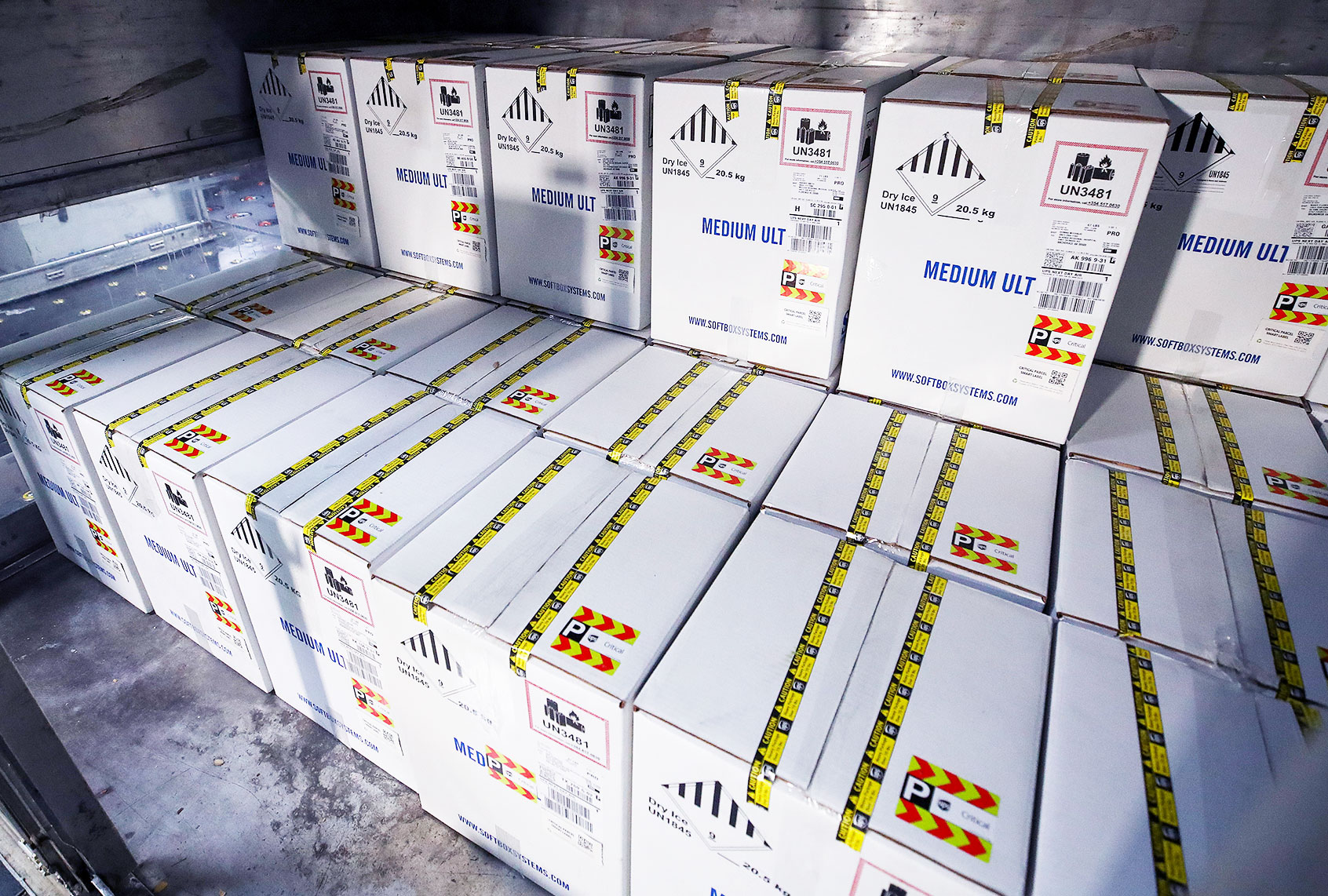The rush to develop, authorize, and administer an effective COVID-19 vaccine has left many people skeptical about its safety—and reluctant to get vaccinated. And there’s plenty of misinformation (and disinformation) about how the vaccines got approved, how they work, and what the risks are. Here’s the truth about five common COVID-19 vaccine myths.
1. Myth: The mRNA vaccines change your DNA.
Both the Pfizer-BioNTech and Moderna vaccines use engineered mRNA strands that enter our cells and deposit instructions for building a copycat version of the coronavirus’s spike protein. Your immune system figures out how to fight that, and then it “remembers” how to neutralize actual SARS-CoV-2 particles if you were to get infected. But your DNA is stored in the cell nucleus, and this whole process happens outside it. In other words, it’s not possible for the mRNA to breach the nuclear membrane and interfere with your DNA in any way.
2. Myth: You might catch COVID-19 by getting the vaccine.
Some vaccines—like those for measles and chickenpox—do use live, weakened viral pathogens to stimulate your immune system into learning how to fight them. But none of the three COVID-19 vaccines currently approved in the U.S. contain live coronavirus pathogens. As explained above, the two mRNA vaccines carry directions to produce a lookalike spike protein, not a real coronavirus spike protein. Johnson & Johnson’s Janssen vaccine, on the other hand, is a vector vaccine: Basically, the shot contains a harmless part of a different virus that also directs your cells to build spike proteins that mimic those from SARS-CoV-2.
The uncomfortable side effects you might experience after getting vaccinated (fever, chills, fatigue, or muscle aches) are all part of your body’s immune response to a perceived viral threat—not symptoms of COVID-19 itself.
3. Myth: Young, healthy people don’t need to get a COVID-19 vaccine.
It’s true that young people with no preexisting conditions have a better chance of surviving COVID-19 than their older, higher-risk counterparts. But as Dr. Peter Hotez and Dr. Maria Elena Bottazzi, both professors of pediatrics and molecular virology at Baylor College of Medicine, wrote for The Washington Post, being young and/or having a good immune system doesn’t automatically beget antibodies. Plenty of young, healthy people still land in the hospital with COVID-19, and even mild cases have led to “long COVID” symptoms like brain fog and loss of taste or smell that linger for months.
4. Myth: People who have already had COVID-19 don’t need to get vaccinated.
If you’ve caught and recovered from COVID-19, your immune system has already learned how to fight it and harbors antibodies that will likely prevent reinfection for a while. But we don’t know how long that natural immunity lasts—and some people have gotten infected more than once. As infectious disease expert Dr. Kristin Englund explained for the Cleveland Clinic’s Health Essentials blog, the vaccine will ensure that your immune system can fend off the virus whenever your natural immunity wanes.
5. Myth: We don’t know if the COVID-19 vaccine are safe.
While all three COVID-19 vaccines have emergency use authorization rather than full FDA approval, it’s not because the FDA is worried they’re unsafe. “Frankly, the only real difference was in length of follow-up” during their clinical trials, Dr. Paul Offit, a virology expert and member of the FDA’s Vaccines and Related Biological Products Advisory Committee, told CNN. “Typically, you like to see efficacy for a year or two years.”
In other words, the FDA normally waits to approve a vaccine until they’ve determined how long it remains effective. But considering the daily infection and death rates during the current pandemic, it would have been ill-advised to wait another year or two before distributing an effective vaccine that could help us reach herd immunity—even if we don’t yet know how long the vaccine’s full protection lasts.
But authorities didn’t cut corners when it came to determining the vaccines’ safety. Even long-term side effects of vaccines usually appear somewhere between two weeks and two months after inoculation. Trial participants were monitored for adverse effects throughout that window, and the FDA didn’t give vaccines the green light until after it had passed. “I would say, please tell me what vaccine has ever been shown to cause a long-term side effect that was not picked up in the first two months,” Offit told CNN.


